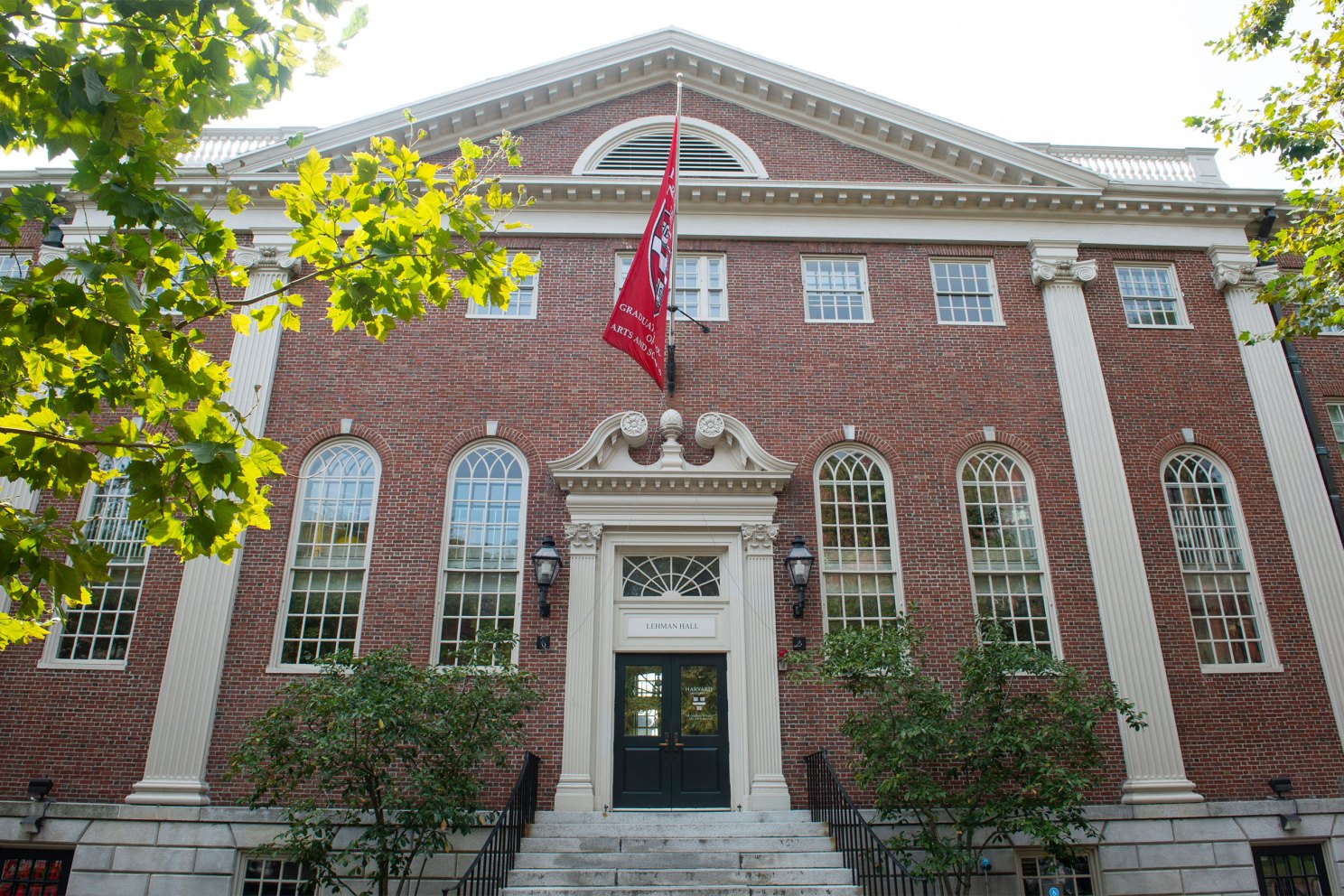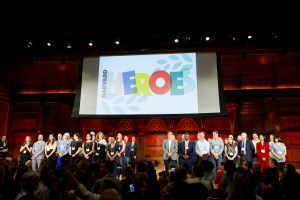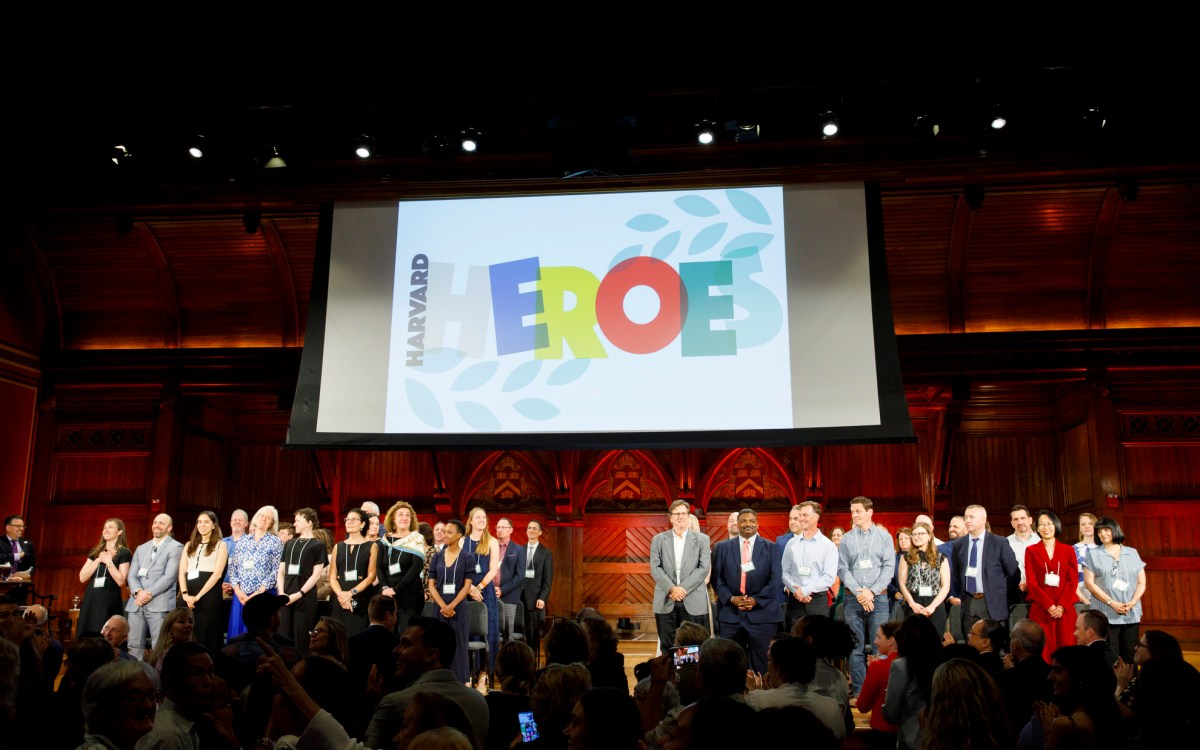
Lehman Hall at the Harvard Griffin Graduate School of Arts and Sciences.
Jon Chase/Harvard Staff Photographer
Harvard Griffin GSAS applications rise nearly 16% over past three years
25,240 applicant pool for master’s, Ph.D. programs
Clarification: An earlier version of this article did not account for all iterations of applications, including Ph.D., master’s, AB/AM and AB/SM applications. The 2024-2025 application cycle is defined as those who applied in fall 2023 for fall 2024 admission.
The Harvard Kenneth C. Griffin Graduate School of Arts and Sciences has received 25,240 applications for study, marking a 15.7 percent increase in applications over the past three years, including an 8 percent increase from last year. This totals a steady rise of more than 40 percent since 2019.
“Harvard Griffin GSAS is the intellectual heart of the University and I’m pleased to see this year’s applicants demonstrate an interest in the wide range of research undertaken here, from physics and life sciences to history and philosophy. A new pool of promising candidates makes for an exciting year ahead,” said Emma Dench, dean of the School and McLean Professor of Ancient and Modern History and of the Classics.
Students have until April 15 to accept their offers.
The robust pool comes amid an exciting time for Harvard Griffin GSAS. Beginning this July, a $50,000 annual rate living expenses stipend will become the minimum across all Ph.D. programs, inclusive of the dental and transit subsidies. The number of years of tuition and health coverage will also be extended to match the Ph.D. program’s anticipated time to degree.
These increases in financial enhancements come on the heels of an initiative by Dench to examine the graduate school educational experience. In spring 2022, she convened a group of faculty, tasked with recommending enhancements known as GSAS Admissions and Graduate Education, or GAGE. The result of those efforts is a final report, which outlines vigorous direction on advising as well as for teaching, employment outcomes, institutional finances, equity, diversity, inclusion, and belonging, and admissions.
“Across the board, this has been welcome news,” said Dench. “It both sets current and prospective students up for success and positions Harvard Griffin GSAS to compete more effectively for the most promising scholars.”
The 2024 application pool is comprised of 14,328 international students and 10,912 U.S. citizens and permanent residents. While offers continue to be extended across the 58 degree programs, Harvard Griffin GSAS Admissions anticipates a class size similar to last year, which numbered 1,138 Ph.D. admits (this includes waitlist candidates who eventually were admitted). Largest areas of interest include medical sciences, engineering, psychology, chemistry, and population health sciences.




